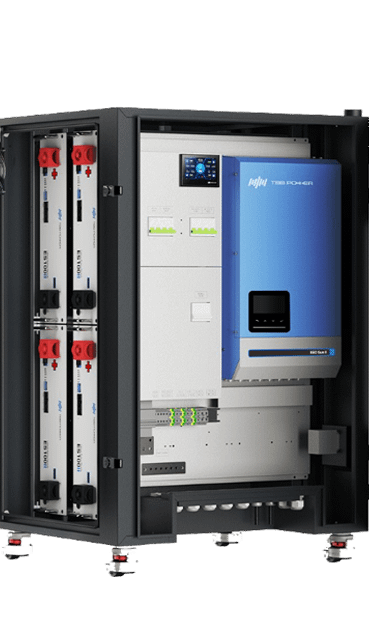


Building a strong reputation and fostering positive relationships with customers leads to referrals and repeat business, which are often vital for sustainable growth in this field.

including environmental impact and energy independence.

is dedicated to offering help before and after the sale.

for remote areas with sophisticated monitoring, for the user to control from any location.

5-10 years warranty





Battery with a 10-year warranty and 6,000 life cycles.

Features transformer-based design for heavy loads.

Offers two AC outputs

Local and remote monitoring analysis.

Single-phase, three-phase, and fast ups transfer time.

High-voltage solar churches with safety futures

Fast photovoltaic MPPT trackers and smart inverter chargers

Safe ground relays for installation safety.
An off-grid solar power system is a standalone system that is not connected to the local electrical grid. It relies on solar panels to generate electricity, stored in batteries for use during low sunlight.
Yes, off-grid systems typically include battery storage to store excess energy generated during sunny periods for use when the sun is not shining. This ensures a continuous power supply.
The size of the battery bank depends on your energy consumption and the number of days you want to be able to run without sunlight. A solar professional can help you calculate the appropriate battery capacity for your specific needs.
While off-grid systems are designed for remote areas without access to the grid, they can be used in urban areas as well. However, it might be more common and cost-effective to use on-grid or hybrid systems in urban environments.
Off-grid systems need careful planning to handle peak power demand. This may involve incorporating backup generators or limiting the use of high-power appliances during periods of limited solar production.
Off-grid systems are designed to operate independently of the grid. If you want the flexibility to switch between grid-tied and off-grid operation, consider a hybrid system. Hybrid systems can both connect to the grid and operate independently when needed.
Regular maintenance includes checking and cleaning solar panels, monitoring battery health, and ensuring all components are in working order. Battery maintenance is particularly crucial to ensure a long and reliable system life.